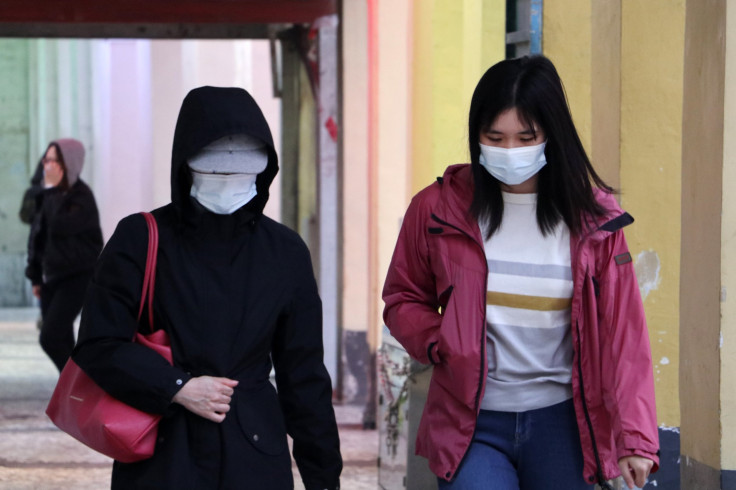Mexicans who are trapped in New York while the COVID-19 pandemic sweeps through the city are battling the coronavirus amid language barriers. According to the Mexican Human Rights organization Tlachinollan, indigenous immigrants have been dying from the pandemic because the materials used to educate people about the threat of COVID-19 are in English -- something that they cannot understand.
Spanish-speaking Garcia Campos, a Mexican working in New York, recently lost his cousin to COVID-19. In an interview with NBC News, he revealed he did not understand the documents he received from the hospital because they were in English. He also said the worst discrimination that he and his cousin had faced was from fellow Mexicans, who shut them out from getting good-paying jobs because of language barriers.
“We don’t grow up speaking Spanish and only speak Spanish that we learn on the street, which makes it hard to understand many things,” said Campos. He also revealed that hospitals in New York rarely have interpreters for native languages, making it hard for indigenous people like him to communicate with health workers. While the FIOB usually requests in-person interpretation via phone to deal with non-Americans, this has been impossible during the COVID-19 crisis.
“Not allowing people to communicate in their native language is almost a death sentence,” said Odilia Romero of the Bi-national Front of Indigenous Organizations.
Human rights organizations working with indigenous immigrants acknowledged that language and cultural barriers make it harder for people like Campos to stay safe amid the pandemic. The FIOB also said the majority of immigrants who live in New York avoid medical care for fear that they will be denied medical services and acquire debt they cannot afford. Undocumented immigrants are also worried that going to the hospital might expose them to immigration authorities.
Romero said the 2020 census should include indigenous people to show their growth and allow them to advocate for more indigenous interpreters. With the COVID-19 pandemic still sweeping across America, however, she acknowledged that efforts to get an adequate count of people like Campos could be thwarted. That means all that indigenous people can do for now is to try to take care of themselves as best as they can.

© 2025 Latin Times. All rights reserved. Do not reproduce without permission.



